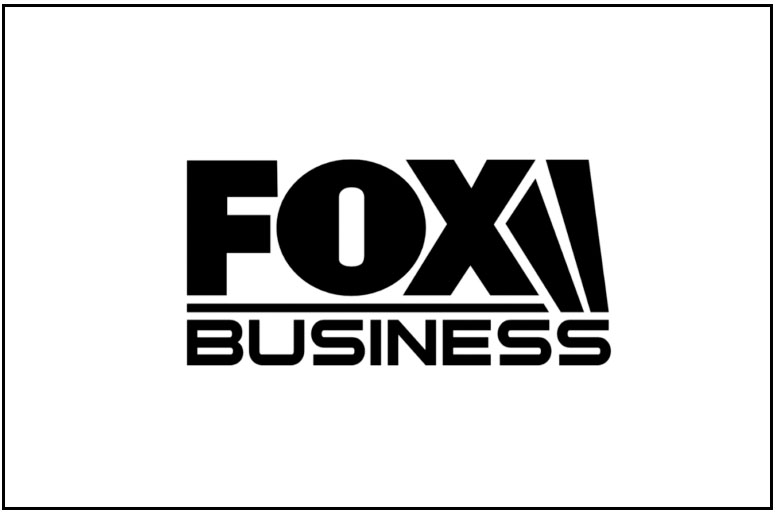In the latest episode of the Fueling Deals podcast, I spoke with John Bly about the advantages and disadvantages of using deals to grow inorganically.
John is an expert in dealmaking, both for his own CPA firm and for the clients he advises. When John first left his Big Four job to start his own firm, he quickly turned to acquisitions as a way of fueling the growth of his business, with the intent of expanding rapidly beyond small-business levels. He closed five acquisitions within a short amount of time, pushing his firm to the next level.
On this episode of Fueling Deals, John and I discuss both the incredible advantages and challenging disadvantages of growing inorganically. John shares how his own experiences with acquisitions inform his work with his clients. We also discuss the importance of finding the right deal, doing your due diligence, and ensuring that the firm you are looking to acquire is a good culture fit for your organization. John is a living example of how a small business can use deals to rapidly expand far beyond what could happen organically over time.
Deals are High-Octane Fuel for your Business
In John’s case, acquisitions within the CPA space were generally considered to be the exclusive domain of the Big Four firms. However, John’s experience working for one of the Big Four made him realize that he could use their strategies to grow his own small firm. Shortly after setting out on his own, John’s firm acquired five other small CPA firms and rapidly grew as a result of these deals.
The opportunity to grow inorganically, acquire new clients and new talent through mergers and acquisitions, and expand your reach are compelling arguments for finding worthwhile deals… regardless of your industry or how large your business is. The idea that mergers and acquisitions belong exclusively to large organizations is a pervasive myth, but it couldn’t be further from the truth.
Avoiding the Potholes While Your Foot is On the Gas
It is important to remember that, while inorganic growth can be a powerful stimulant for your business, the wrong deal can be potentially dangerous. There are often unseen challenges as John experienced in his fifth acquisition. That is why it is important to do your research and be sure of the firm you are looking to acquire. When John bought the firm, he was unaware that the previous owner had checked out on the business and stopped working on their clients’ behalf months before, and John had to spend a large amount of time and money cleaning up the mess with the IRS.
Another thing to be mindful of is that the culture of your existing business and the firm you are wanting to acquire should be a good match with a lot of overlap, or chaos could result. Small cultural differences are to be expected, but if you acquire a team that is dug-in and set in their ways and lack the willingness to be flexible, you could easily find yourself in the position of regretting your acquisition. In the worst case, separations (and all the hassles, headaches, and client issues that come with them) could result.
However, as long as you keep these concerns in mind, do your research, fully understand the benefits and liabilities your acquisition partner brings to the table and plan for unavoidable challenges, the benefits of the deal will almost always outweigh the negatives.
Learn more about Why Acquisition Isn’t Just for the Big Guys by listening to my episode on Fueling Deals podcast.
—
Corey Kupfer is an expert strategist, negotiator and dealmaker. He has more than 35 years of professional deal-making and negotiating experience. Corey is a successful entrepreneur, attorney, consultant, author and professional speaker who is passionate about deal-driven growth. He is also the creator and host of the DealQuest Podcast.
If you want to find out how deal-ready you are, take the Deal- Ready Assessment today!









